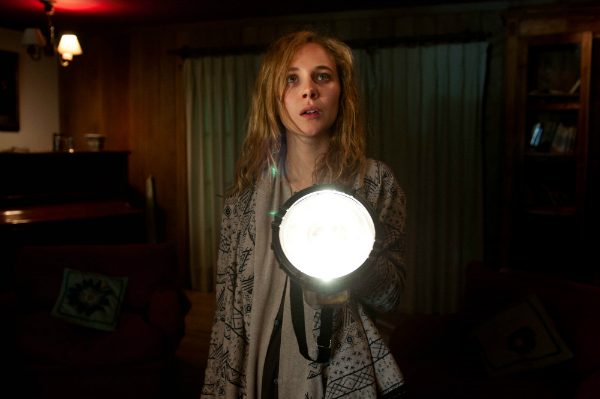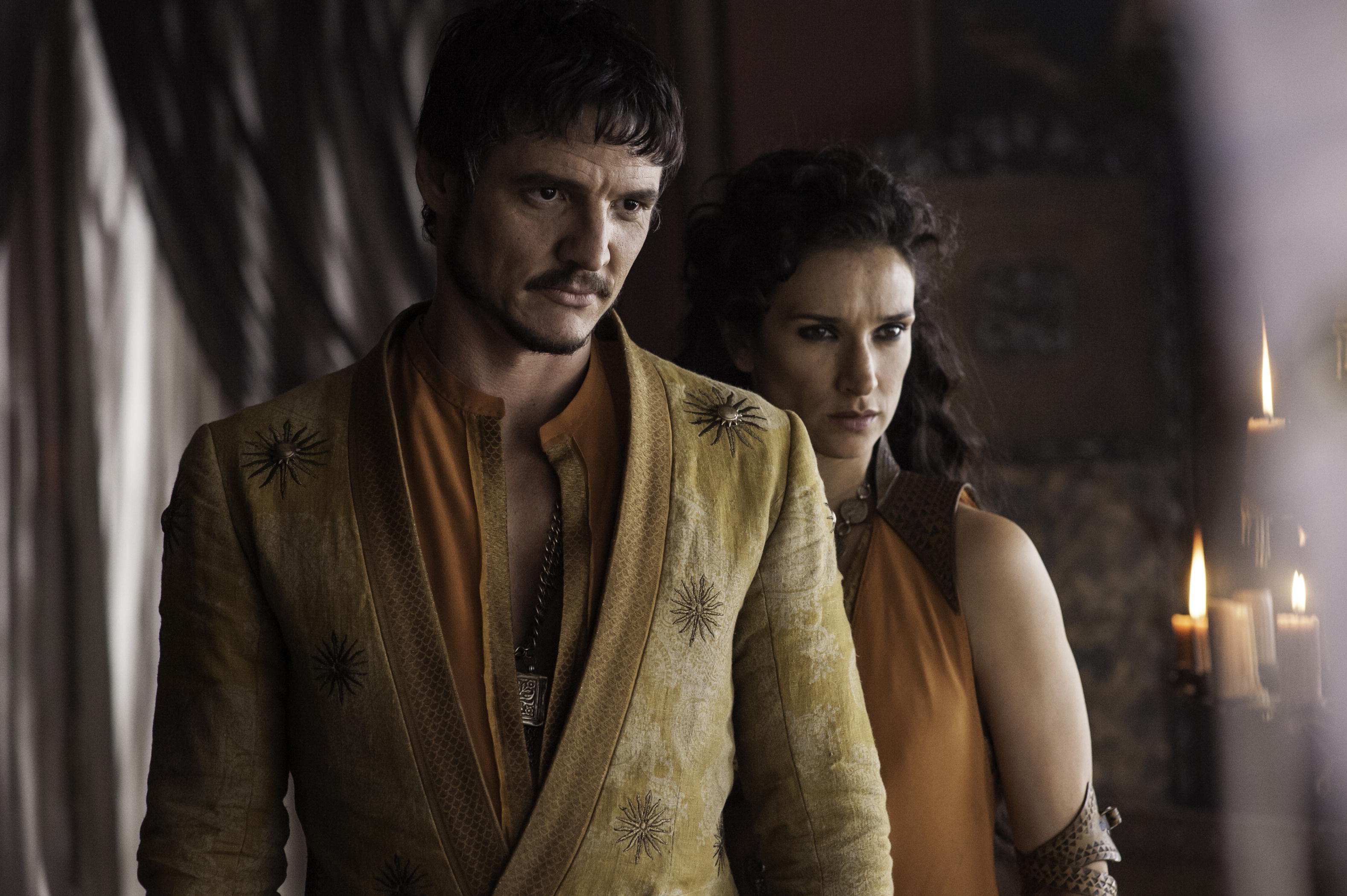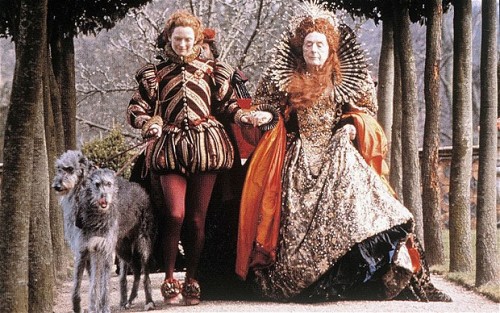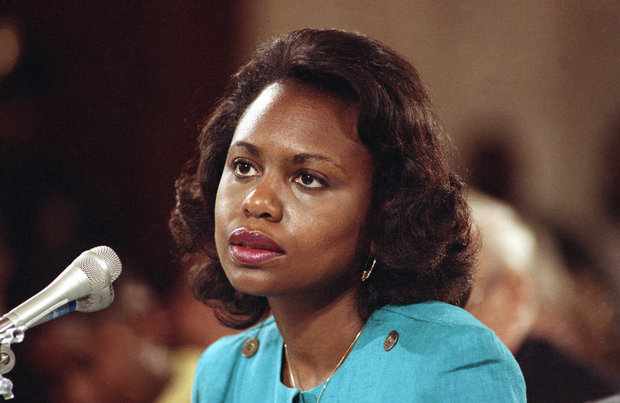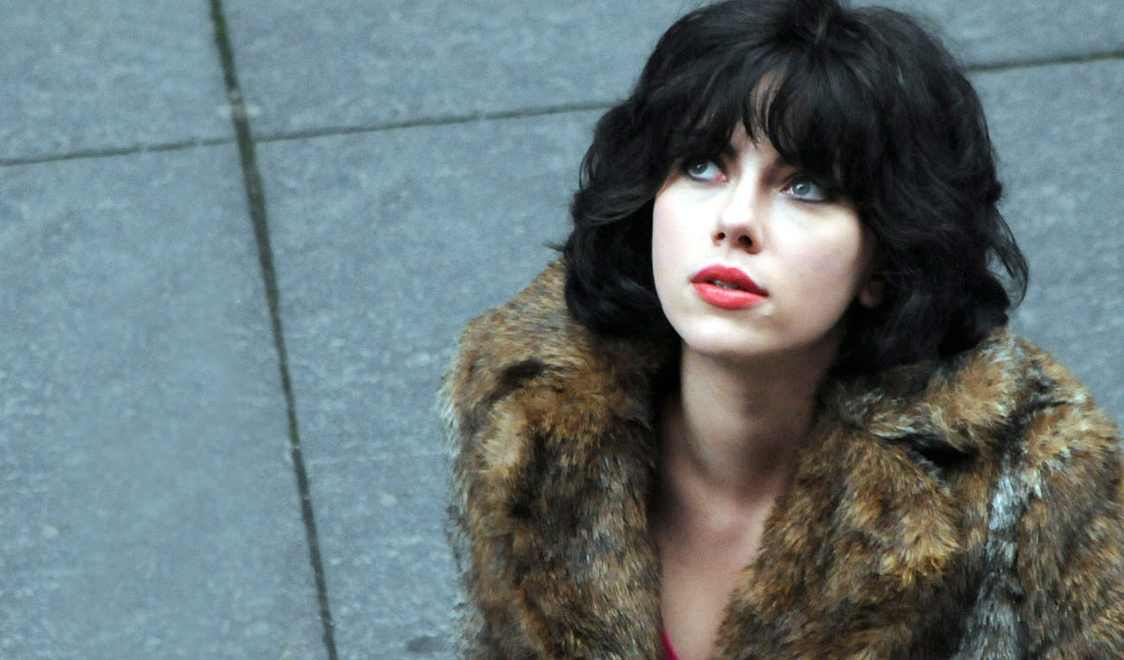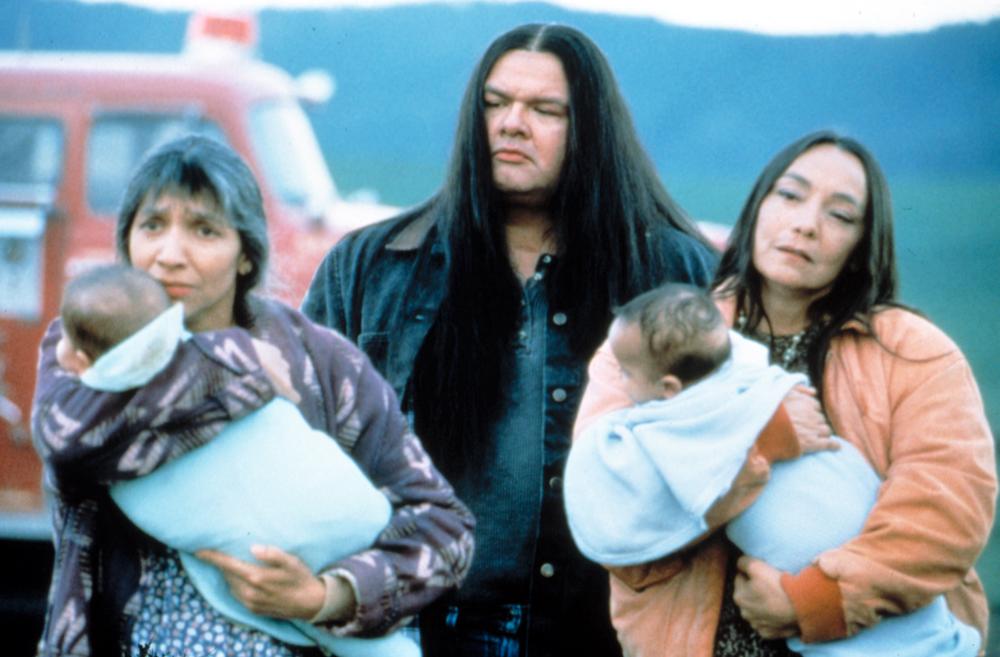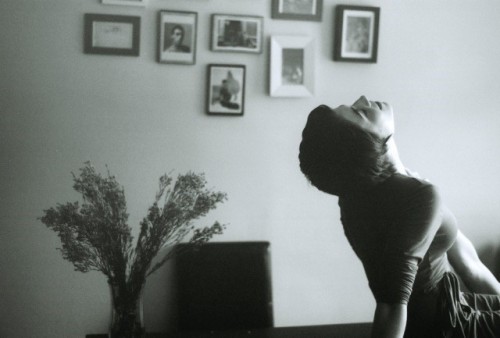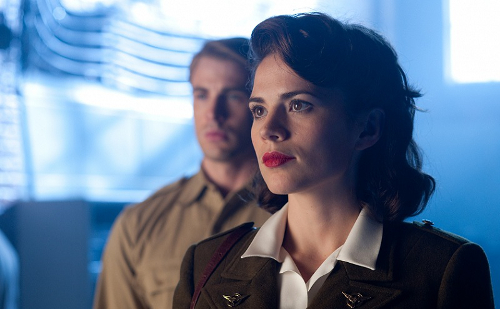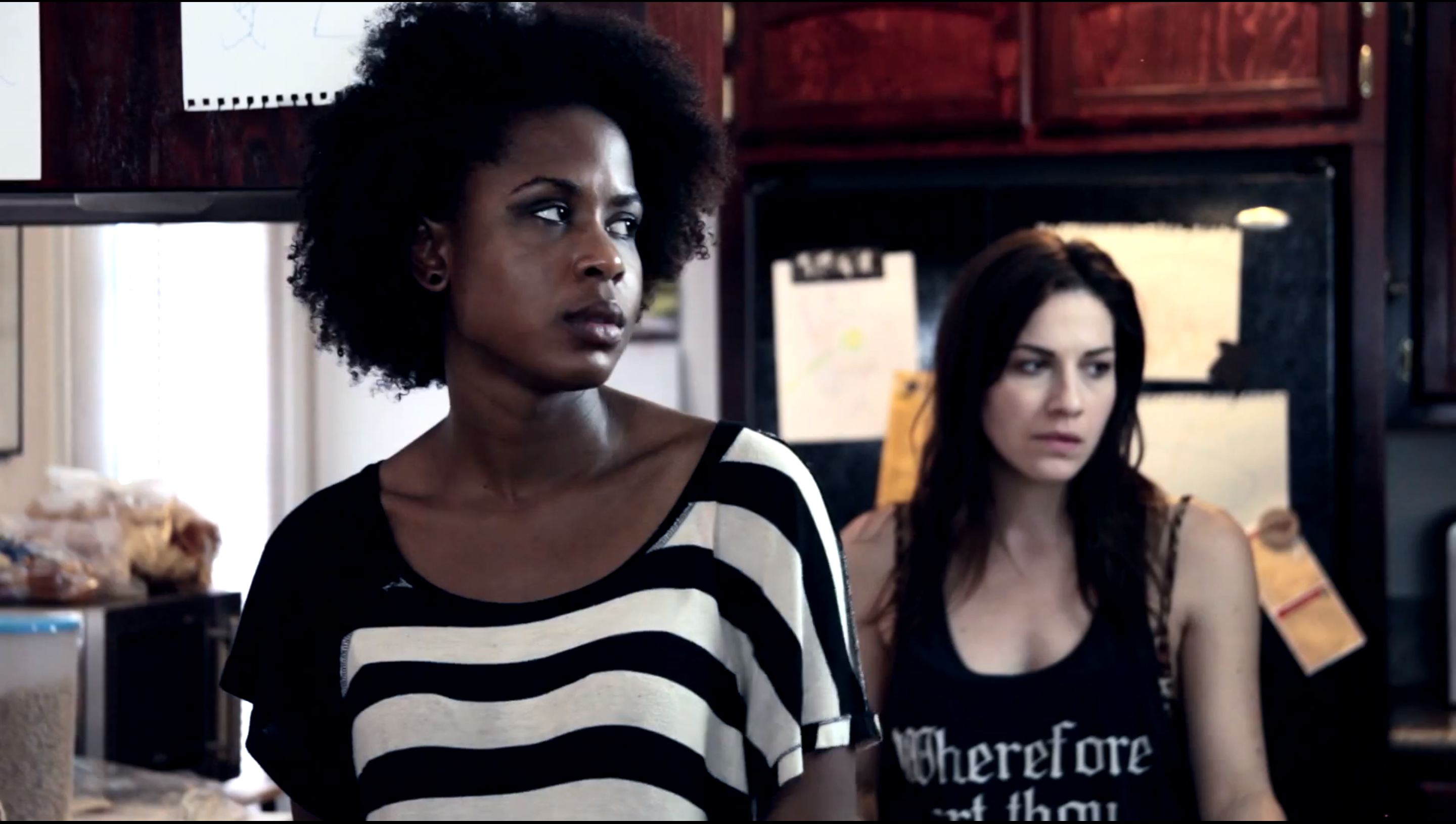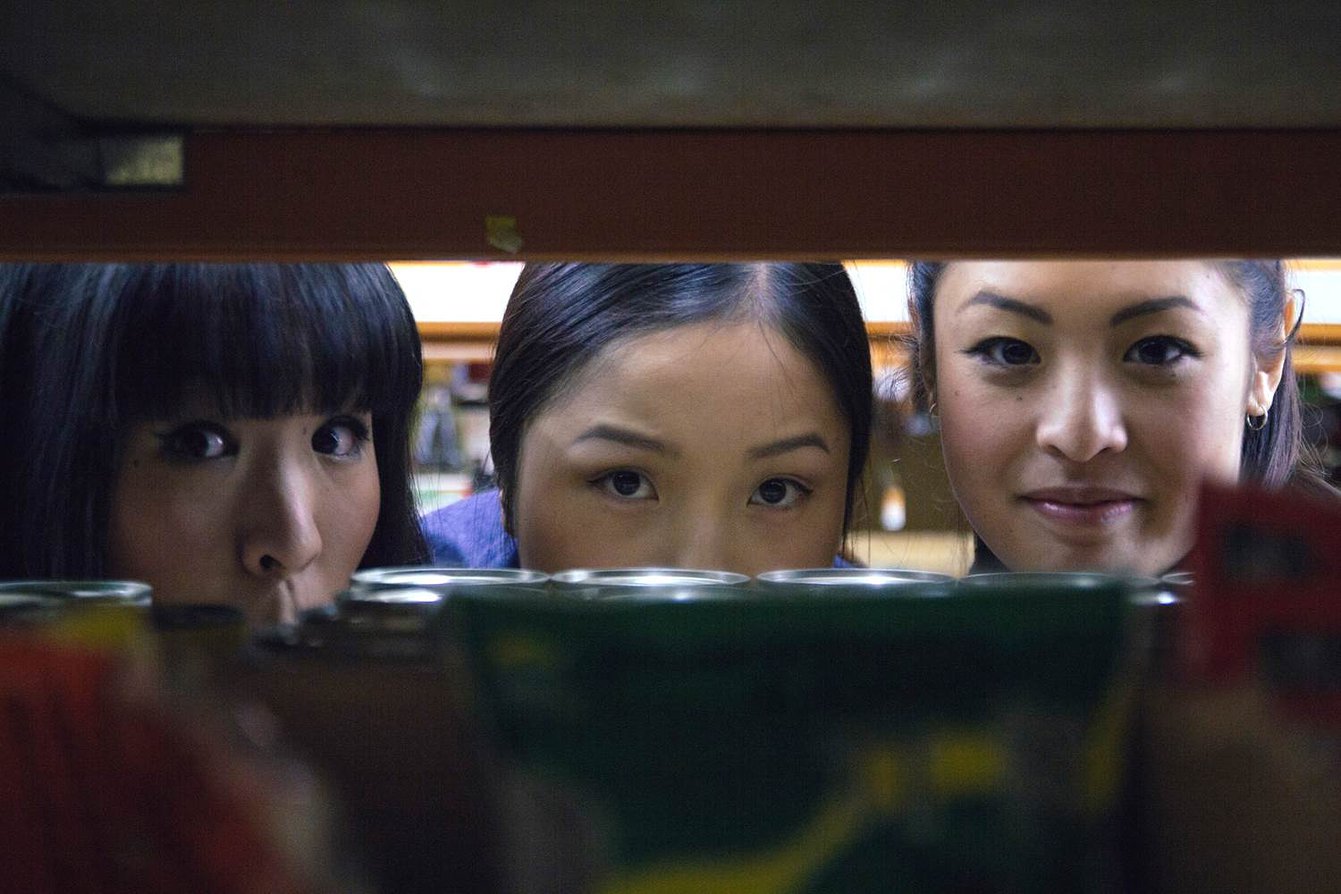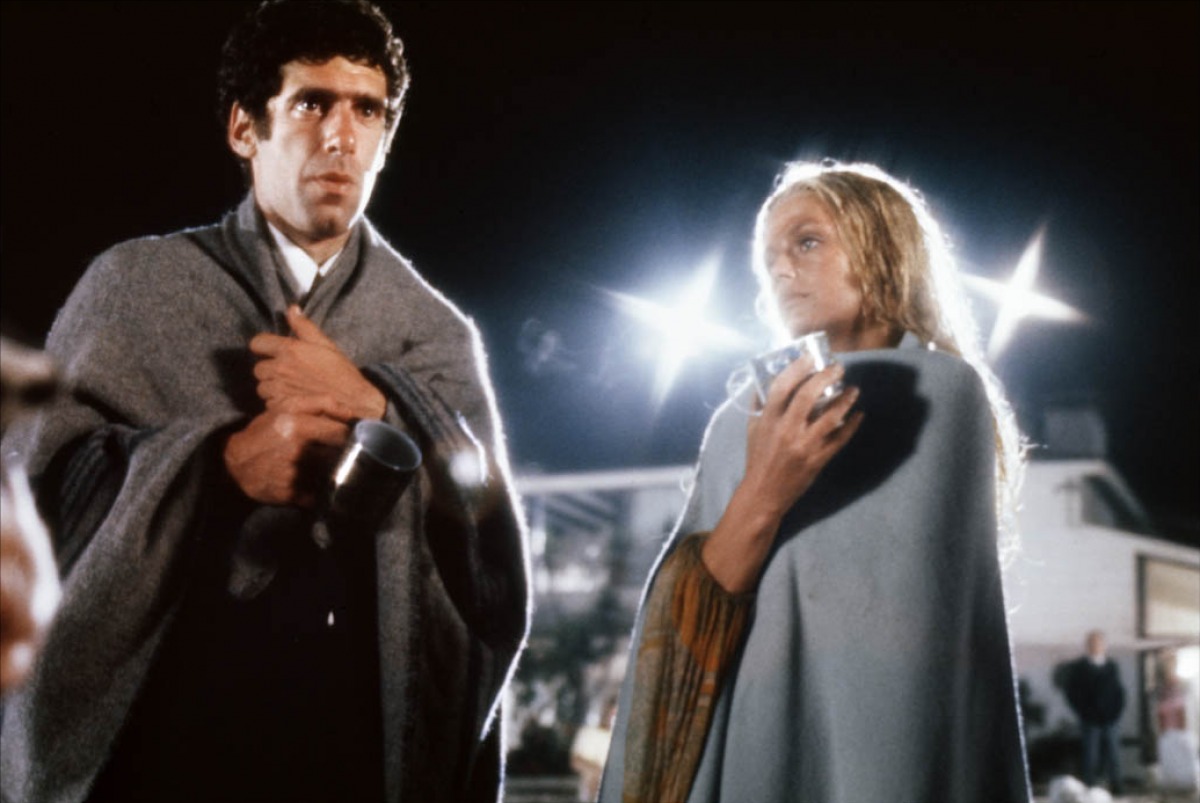When Girlhood Fantasy Turns Murderous: ‘Perfect Sisters’
It’s no easy feat to make a true crime film that rises above Lifetime schlock. It takes things like dark humor, broader social context, impressive cinematography and storytelling risks to breathe life into a stale murder plot. With that goal, ‘Perfect Sisters’ isn’t exactly a blazing success, often falling into the trap of domestic melodrama, but I think it’s still worth a watch.
Based on a notorious Canadian case where teenage sisters drowned their mother in a bathtub, it’s the story of Sandra (Abigail Breslin) and Beth (Georgie Henley), sisters whose whole world is each other.

